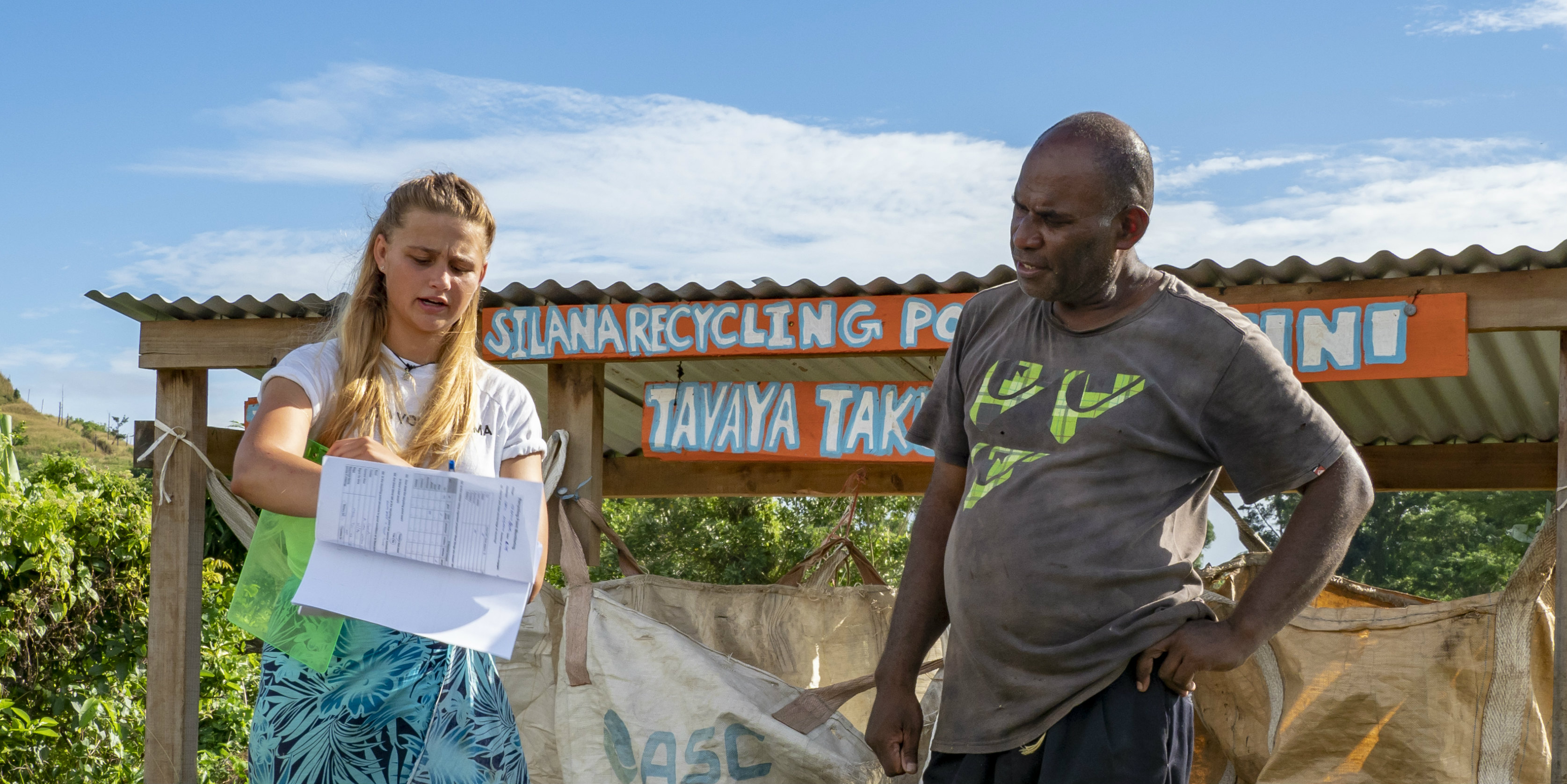
Why are partnerships important for sustainable development projects?
Zaytoen Domingo
Posted: January 14, 2022
GVI’s projects are designed around the United Nations Sustainable Development Goals or UN SDGs. Goal 17 aims to build support networks between so-called developed and developing countries. Working together is the only way sustainable development initiatives will thrive.
In 2015, world leaders laid out the 2030 Agenda for Sustainable Development. The agenda included 17 ambitious goals such as ending poverty, tackling climate change, and getting rid of inequalities. The UN SDGs are a call to action to ensure a better world for everyone.
Goal 17, partnerships for the goals, is arguably the most important of all the UN SDGs, because achieving the other goals depends on it. In order to reach these goals, governments, the private sector, academics, and citizens must work together. For everyone to benefit, everyone needs to contribute.
What is UN SDG 17 all about?
Goal 17 focuses on building and improving partnerships between countries and international organisations.
Official Development Assistance (ODA)
In general, regions with more resources will provide additional support to areas with fewer financial resources to commit to development challenges.
For example, the European Union (EU) is the world’s biggest donor to development projects. The Economist reports that in 2020, Official Development Assistance (ODA), which is another term for international aid, from the EU rose to a record $80bn.
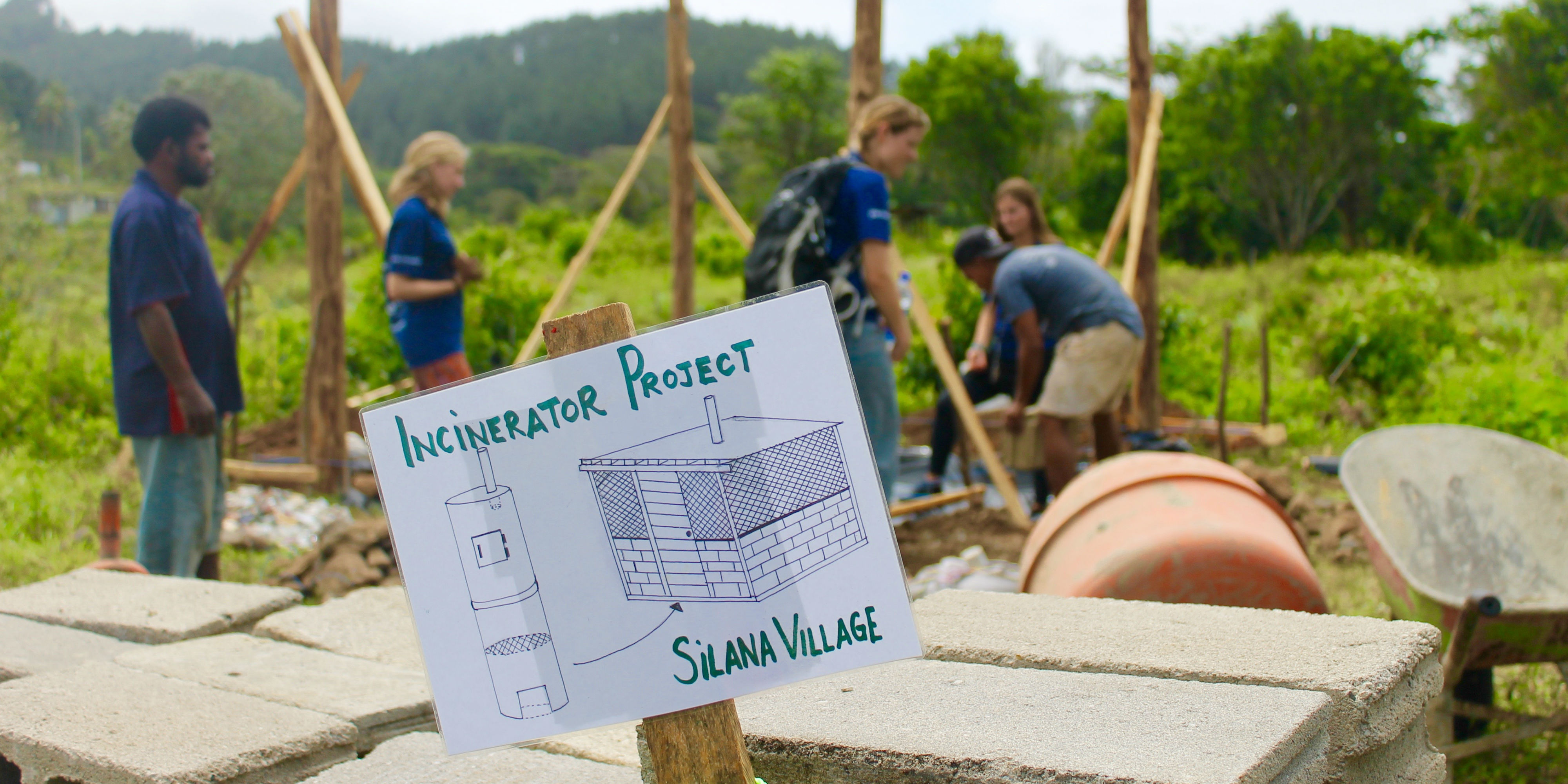
The UN reports that ODA rose in the context of the COVID-19 pandemic, with cries to support those countries in crisis. But, many donors are still not “living up to their commitments”.
UN SDG 17 helps to make sure more developed countries remain fully committed to maintaining strong partnerships and to fully implementing ODA. It’s important to make sure resources are redistributed, and countries continue to look outward as well as inward.
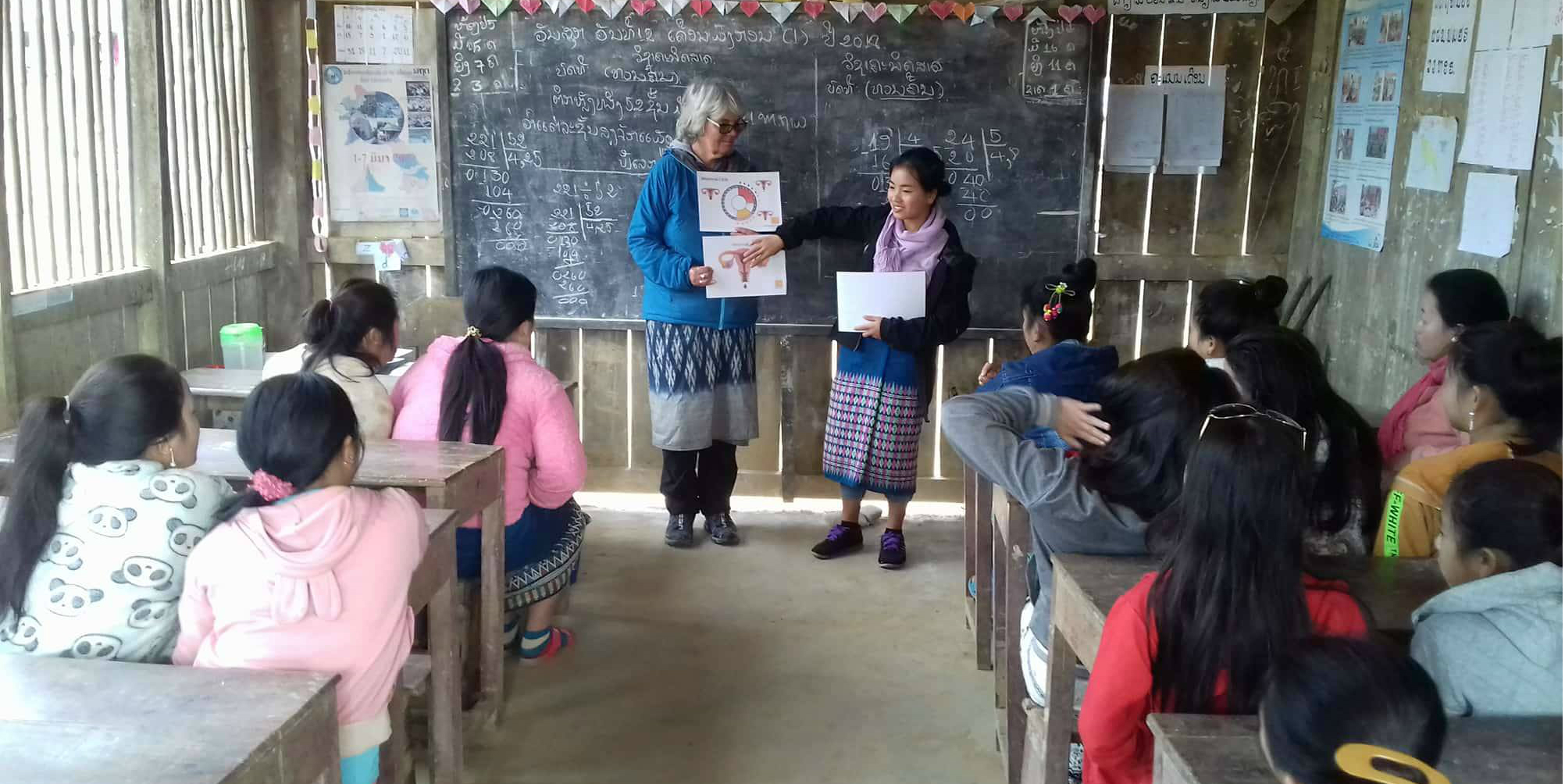
Trade between countries
UN SDG 17 can also influence trade between countries. Making sure developing countries have fair opportunities for exports can improve their economies.
This has already been seen in action. Currently, 79% of imports from developing countries arrive in developed nations duty-free, according to the UN. This saves the exporting country money and gives them more access to global markets.
A network of partnerships
The partnerships referred to in UN SDG 17 also happen at a grassroots level. Projects like those run by GVI rely on, and take their direction from initiatives, or challenges, highlighted by local organisations. Partnerships for the goals and a healthy network of like-minded people can help change happen faster.
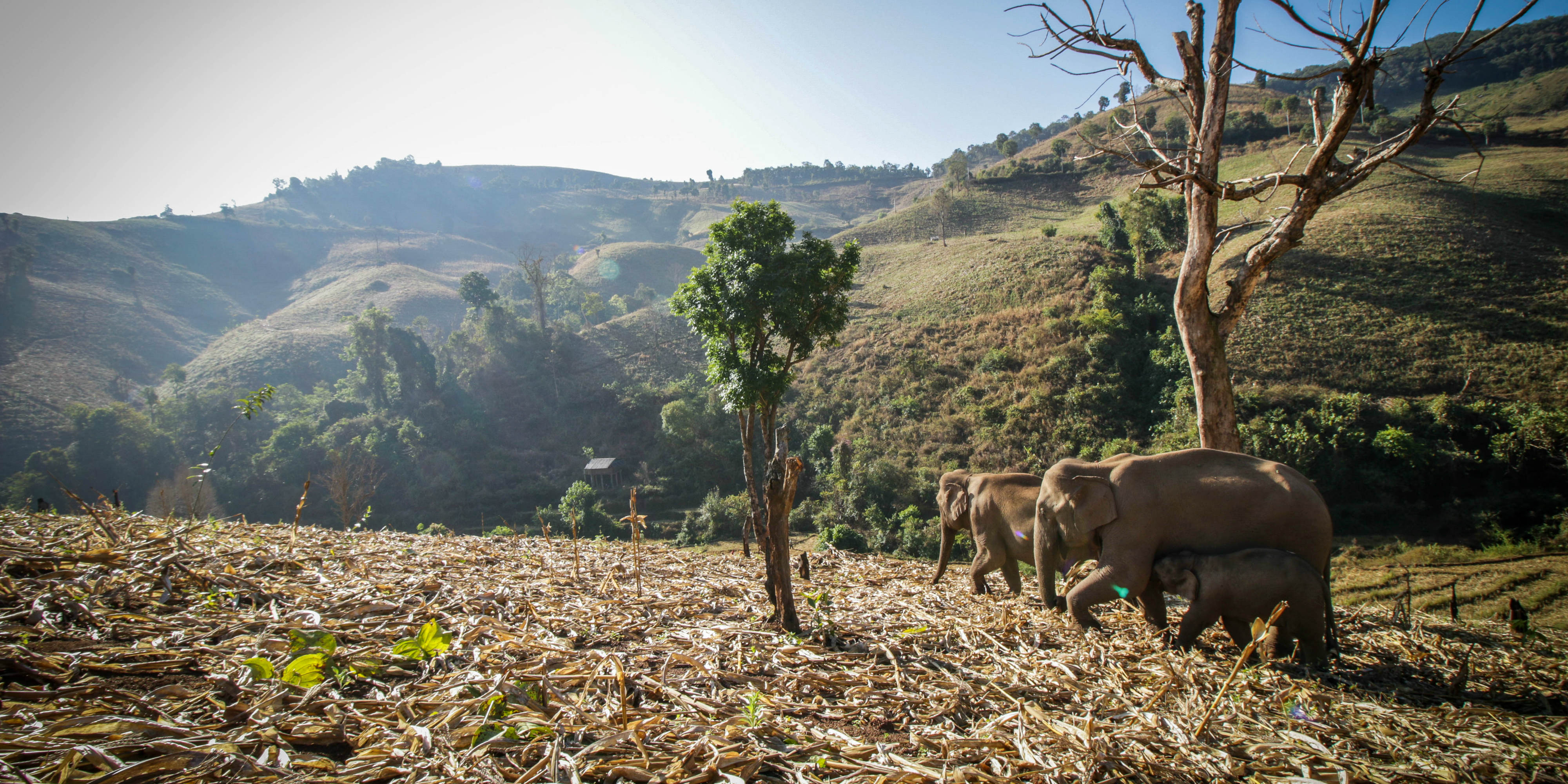
One example is GVI’s Chiang Mai elephant project, which connects GVI staff and international volunteers with the elephant-keeping Karen communities of Huay Pakoot. The result is a successful project that promotes animal welfare and conservation, while also tying in with other UN SDGs.
How are partnerships connected to international development?
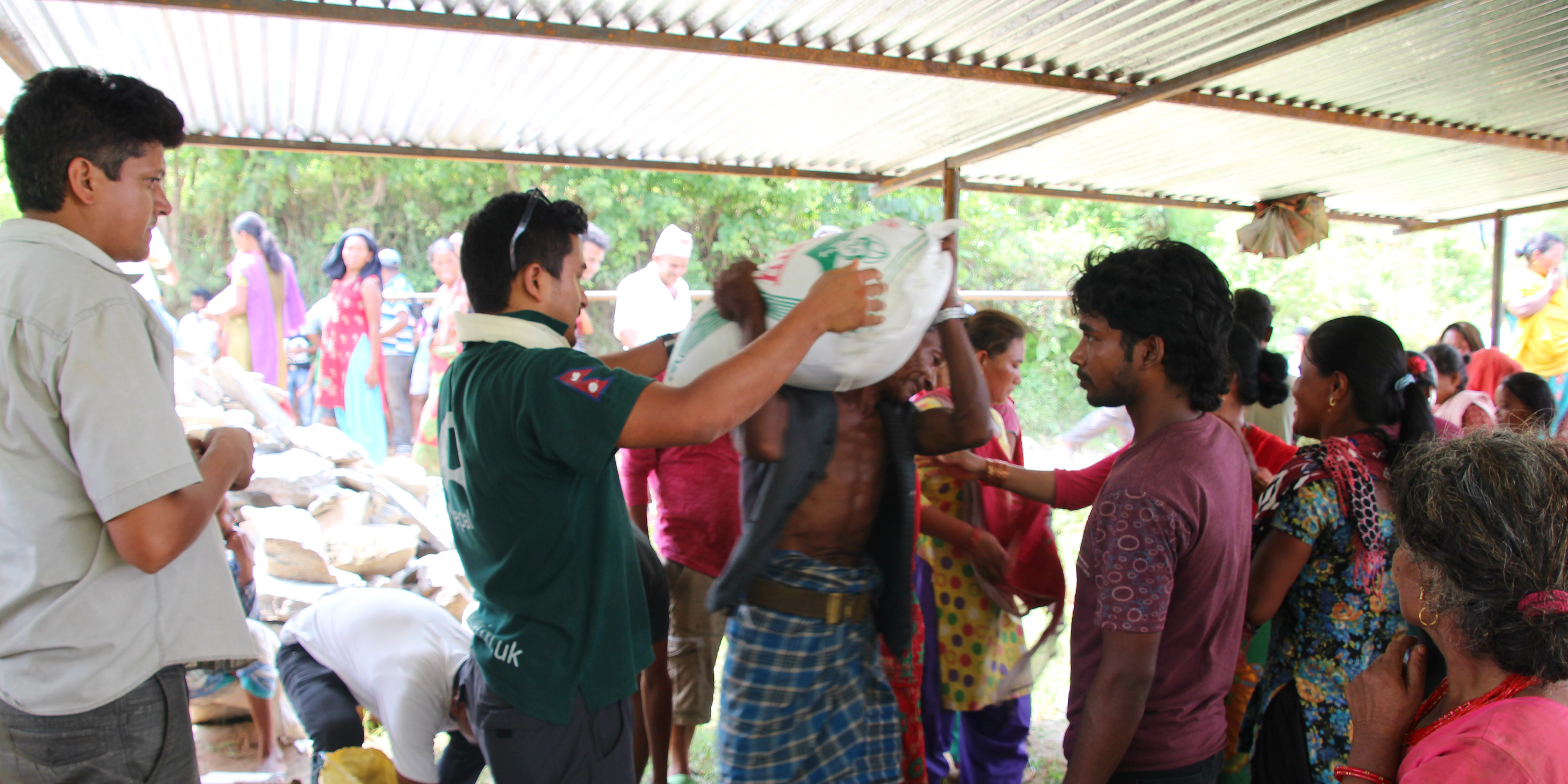
GVI staff and program participants help to distribute food and other critical supplies following the 2015 earthquake in Nepal. As a result of the event, GVI adjusted its programs to focus on disaster recovery.
Cooperation helps make sure development assistance is sent to the right place. For example, developing countries may have fewer resources to help alleviate the effects of natural disasters. This means financial aid is needed from nations with more resources.
Partnerships are also crucial for capacity building in developing countries. Capacity building involves empowering individuals and organisations with the knowledge, tools, and other resources they need to reach their goals.
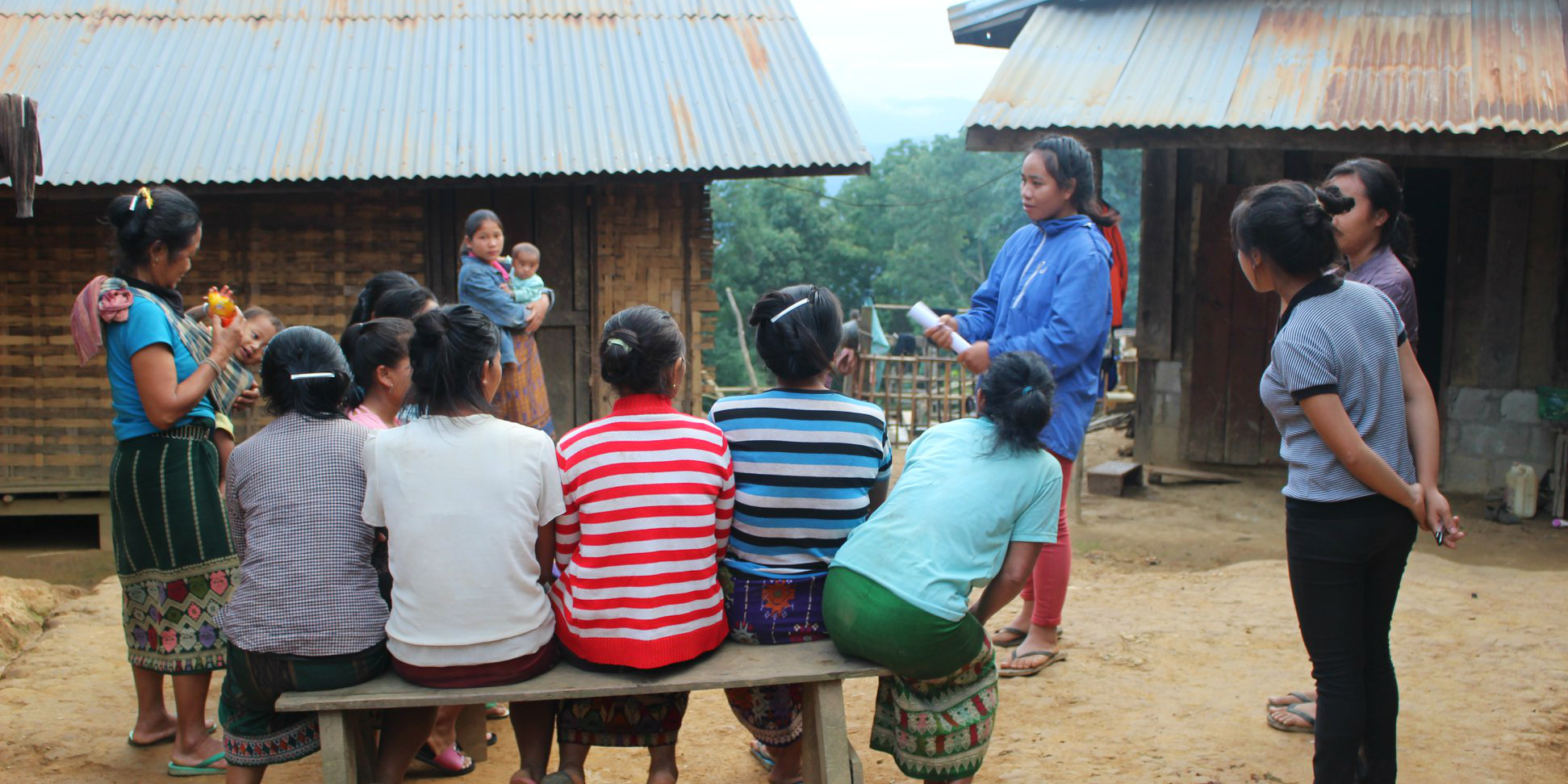
International support is important for strengthening skills in communities around the world. For instance, GVI helps to create spaces for skills training in Cape Town through business management internships.
The aim of these internships is to provide spaces where communities can access the tools and skills they need to become successful micro-entrepreneurs. In developing their business skills local people are able to empower themselves and create opportunities for further economic growth within their communities.
This capacity building fits into the bigger picture of development. It helps to support national plans to achieve the other 16 SDGs.
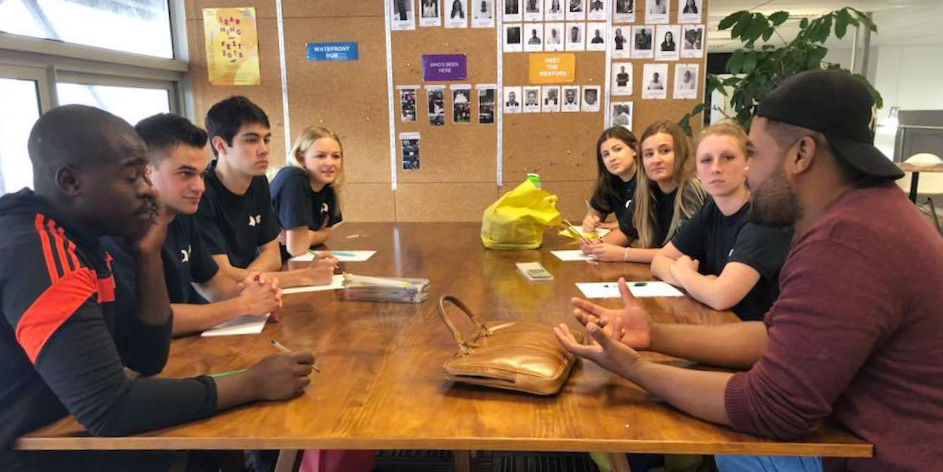
GVI’s partnerships
GVI addresses UN SDG 17 by supporting local capacity building in developing countries.
GVI’s international projects support a wide range of local partners. Partnerships with local education providers and organisations allow GVI to facilitate skills training where it’s needed, helping to reach the 17 sustainable development goals. Essentially, these partnerships help make human empowerment at a local level possible.
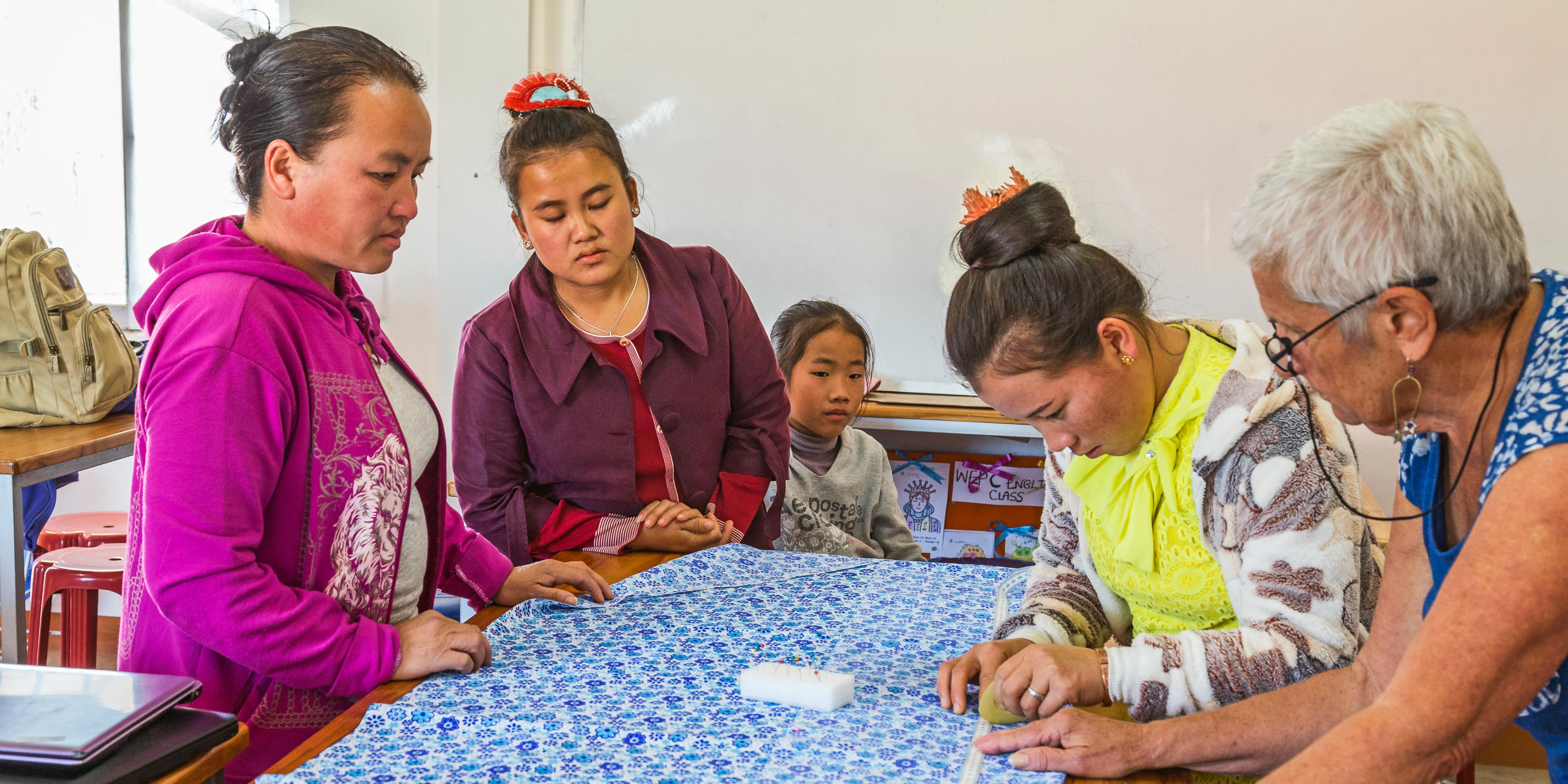
Supporting international non-profits and governmental organisations is part of our ethical commitment. We offer recognition, financial support and the help of volunteers where necessary so that our partners can achieve their goals.
For a chance to see global partnerships for sustainable development at work, consider taking part in one of GVI’s volunteer programs. You’ll work with local partners on the ground while collaborating with other volunteers from around the globe. Find out more or enrol today.
Disclaimer: The images in this article were taken pre-COVID-19.
By Zaytoen Domingo
